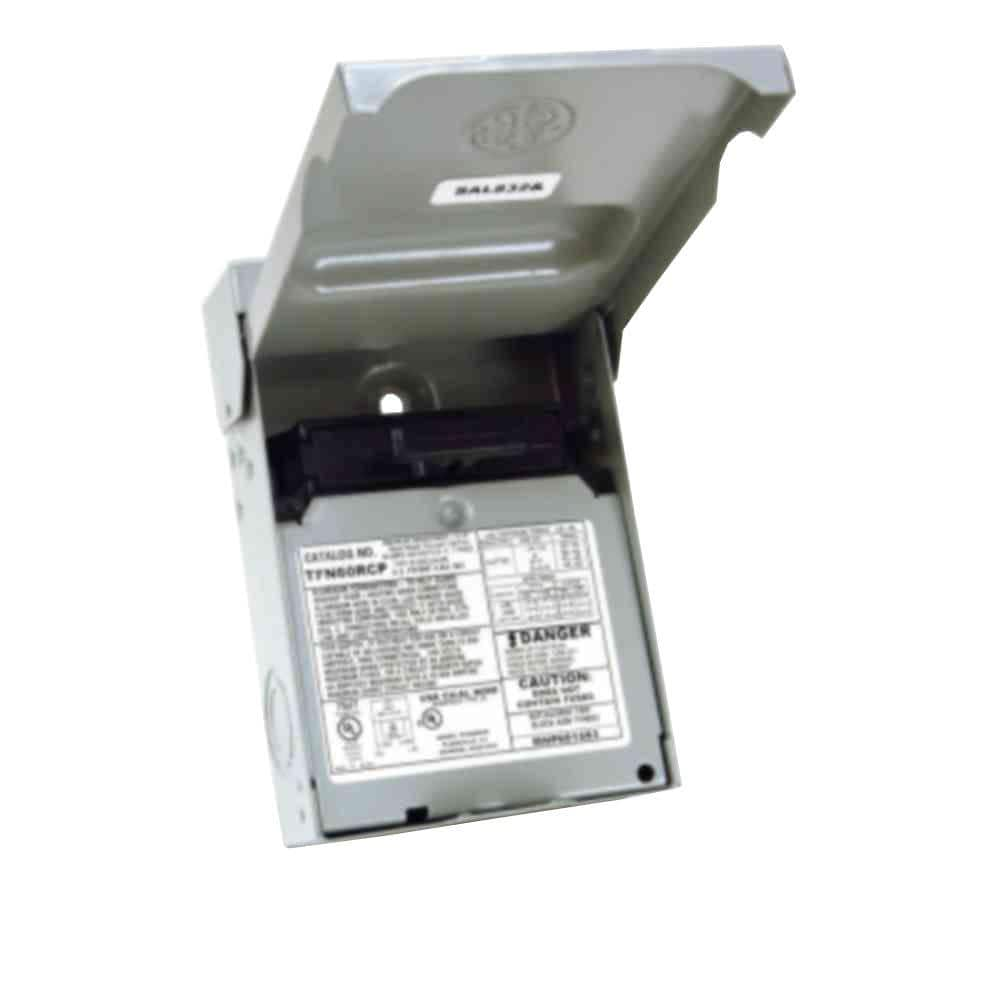After renting a Bolt EV earlier this year and loving it, I'm going to buy a friend's 2020 Premier. I don't have a garage so I'm planning to install a 14-50 on the house side of the fence next to the driveway, along with a disconnect switch.
I pulled a permit which will be checked and hopefully approved when everything is hooked up. 200 amp panel -> disconnect -> 14-50. #6 conductors in PVC conduit with a #10 ground.
I'm wondering how the neutrals are supposed to be connected. In the disconnect box there are two lugs next to the ground screw lug- do they go there? Or should they just be wire-nutted together inside the box? Thanks so much for any help with this.
![Image]()
![Image]()
![Image]()
I pulled a permit which will be checked and hopefully approved when everything is hooked up. 200 amp panel -> disconnect -> 14-50. #6 conductors in PVC conduit with a #10 ground.
I'm wondering how the neutrals are supposed to be connected. In the disconnect box there are two lugs next to the ground screw lug- do they go there? Or should they just be wire-nutted together inside the box? Thanks so much for any help with this.






